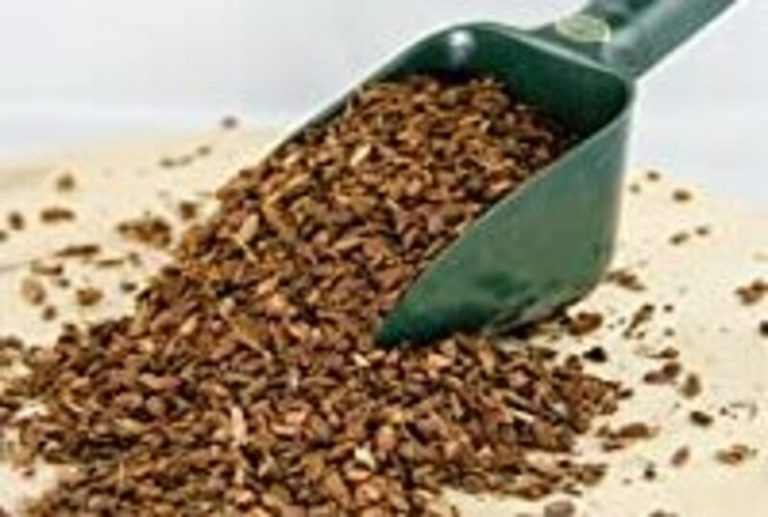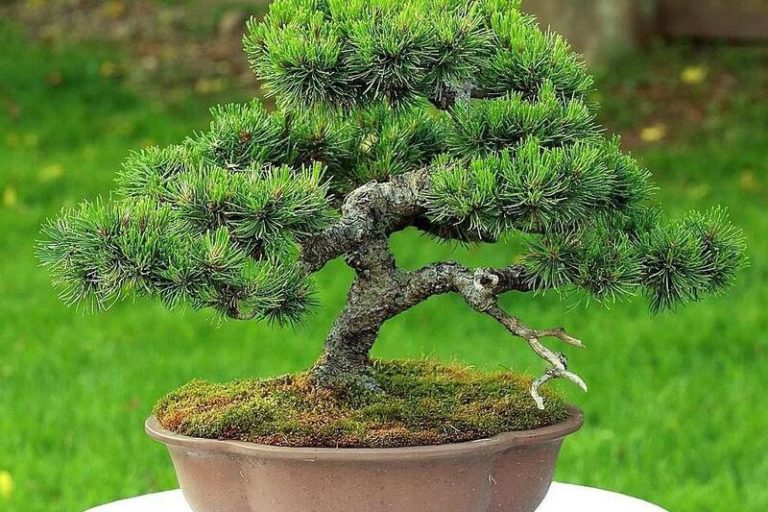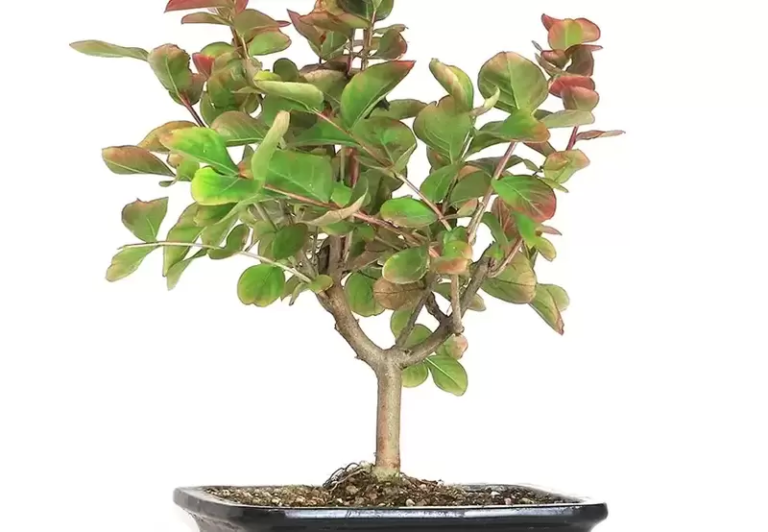Bonsai Jack Bark: The Key to Maintaining Your Bonsai Tree’s Beauty and Vitality
Bonsai Jack Bark is a substrate used for maintaining miniature trees in the Japanese art of bonsai. The high-quality, all-natural materials used in its construction have been carefully selected for their beneficial effects on bonsai trees. Improved nutrient absorption, water retention, pest and disease resistance, and increased air circulation are just some of the benefits…









